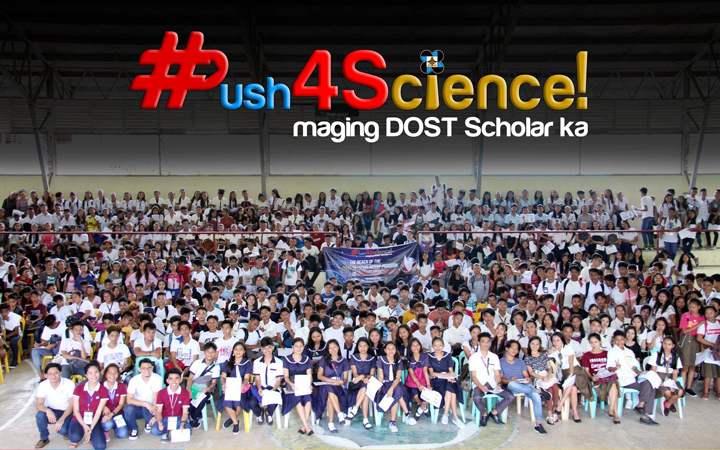Science researches involve equipment and supplies. While scientists can choose what they need, Filipino researchers are still struggling to maximize their efforts in bringing quality research on time because of difficulties in the procurement process under the Philippine law.
And since most researches are publicly funded, certain procedures must be taken into consideration.
The 2016 Revised implementing rules and regulations of the Republic Act 9184, or the Government Procurement Reform Act, aims to provide the necessary steps for the “modernization, standardization and regulation of the procurement activities of the government of the Philippines.”
Despite the revisions, it has not come any closer to the practical needs of the researchers and scientists in the country.
Dr. Fernando Siringan of the Marine Science Institute (MSI) of the University of the Philippines expressed his dismay toward procurement of needed equipment and immediate goods for their research.
During the Technology Media Conference on Marine Biodiversity held at the Philippine International Convention Center early this month, Siringan told the media that they are happy with the government efforts, especially the generous funding provided by the Department of Science and Technology (DOST), toward science research, especially in their field of marine environment in the country.
However, they have been struggling in making their projects because of the stringent procurement procedures.
“It takes more than a year for us to procure equipment and it costs the government twice the cost of that equipment if you are able to buy it outside,” Siringan said.
He explained: “It’s the procurement law that is preventing the Filipinos from doing much more from the resources that is available to us.”
Siringan blamed the slow process brought by the procurement law for the inefficiency of manpower and slow completion of a project.
He said a year of waiting for equipment could have been used for research time for the scientists if only the procurement was fast.
“You pay a year of manpower waiting for equipment and when it arrives, the price has already doubled,”Siringan said, asking, “For whom [was] the procurement law [formulated]?”
He cited as example the procurement of fuel for the MSI ship for marine research.
“We were able to get a ship recently but we can’t sail on time because there is no fuel. Why? It’s because of the procurement law,” he said.
Siringan explained that funds was already available, but when the procurement process was finished, fuel pump prices have doubled from P45 to P90.
Science Secretary Fortunato de la Peña told the BusinessMirror at the sidelines of the conference that everyone is affected by the procurement law.
“It’s [procurement law] already in the talks within the Cabinet but there is still no change. From the very beginning, the President [Duterte] was saying that a review of the procurement law must be done because many are complaining,” de la Peña said.
The science executive added that in the field of science, the problem is that most of the equipment for research are not available in the country, “so we still need to import. And besides the distance of the equipment’s origin, there is a process to be followed, which adds to the time before an equipment arrives.”
In the Philippines, procurement starts with bidding, with the lowest bid that is approved. It should be noted that apart from those in the science field, other government institutions are having difficulty in their procurement process even under the same law.
De la Peña noted that it would be of great help if the procurement law were improved for it to be consistent with the Ease of Doing Business Act.
He explained “there is a reason behind such strict process because corruption practices have been prevalent in the past.”
De la Peña said, “In our department [DOST], we are looking for ways on how to finish the processing of project proposals in just 40 days, unlike before when they had to wait for six months.”
Siringan is hoping that the process is shortened, especially with foreign companies that don’t have local partner agencies.
“I hope the procurement process will be more fluid such as, for example, in a failed bidding process, we won’t need to wait another two or three weeks before another bidding,” he said.
Siringan said the situation it only adds more stress to researchers who wait and could not proceed with their researches because their equipment is not yet available.
“The law [procurement law] should be checked if it is facilitating or helping Filipinos or not, because, to me, it’s not helping,” Siringan told the BusinessMirror.
Image credits: Stephanie Tumampos and DOST-PCAARRD Facebook
































1 comment
Try this